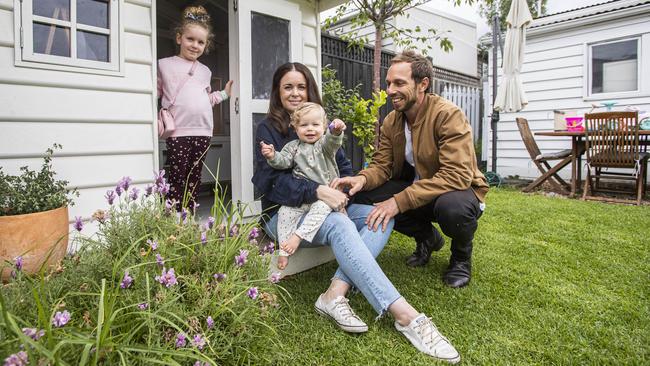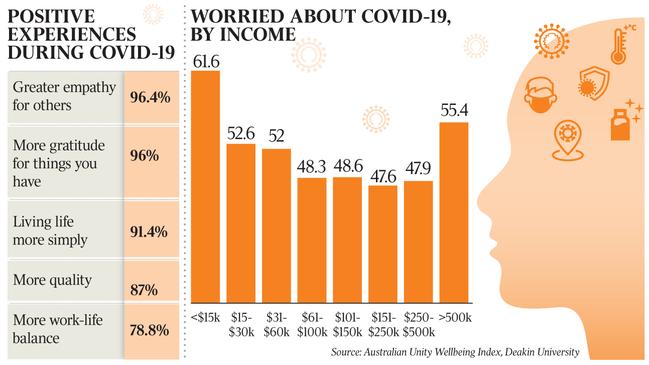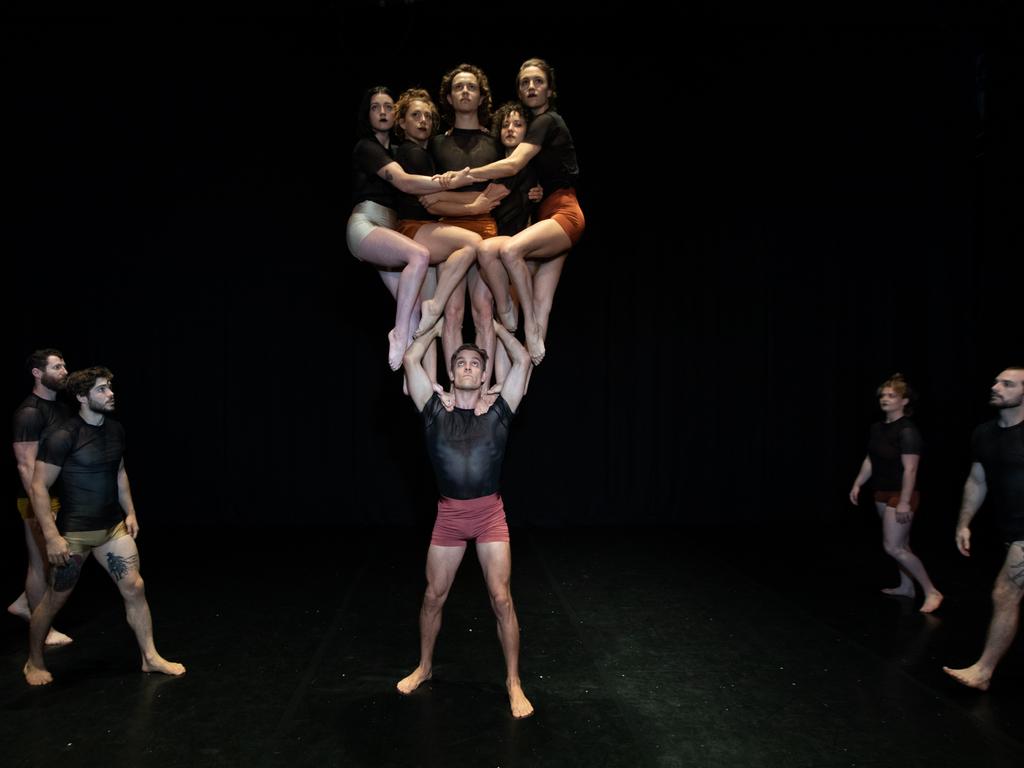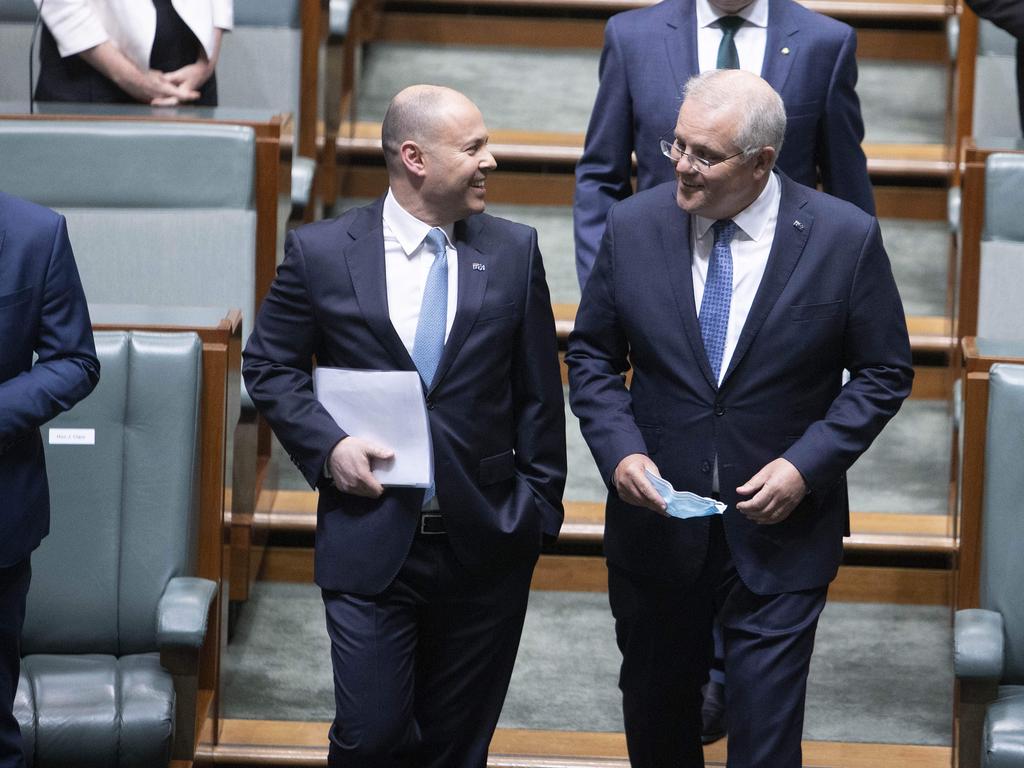Coronavirus: Families count blessings, despite the stress
People are more grateful and have more empathy than before the pandemic, a new wellbeing report shows.

More than 95 per cent of Australians are more grateful for the things they have in life and have more empathy for others than they did before the onset of the COVID-19 pandemic.
A survey of national wellbeing also finds personal life satisfaction has risen during the crisis as people take stock of their lives.
But there is some elevated level of stress and anxiety, particularly among parents, full-time students and those on low incomes, the Australian Unity Wellbeing Index reveals.
The index, based on a national survey of 2000 Australians in May, shows an increase in personal wellbeing between 2019 and 2020, from 74.36 out of 100 to 76.45. The 2020 figure is at the top of the normal range of wellbeing Australians have experienced since the survey began in 2001.

The survey also looked at what positives people were drawing from conditions during the first COVID-19 lockdown, finding that 91 per cent were living more simply, 96 per cent had more empathy for others, and the same number said they were more grateful for what they had in their lives than they were before.
Almost eight in 10 said they were finding a better work-life balance, and 87 per cent said they were spending more quality time with their family.
Deakin University associate professor Delyse Hutchinson, a co-author of the report, said a challenging period caused people to reflect on what is important.
“Greater levels of gratitude and appreciation for the things we have in life might, in part, be behind this remarkable picture of resilience in the Australian population as a whole,” she said.
“There is growing evidence from research around the world to suggest that values such as these can bolster our emotional resilience, enhancing our inner ability to combat stress.”
Melbourne father Josh Lambert lives in West Footscray with wife Alice and daughters Ruby, 5, and Florence, 1. He said the pandemic had simplified their lives.
“It got us focusing on the most important thing for our family, which was time together with our newest addition,” Mr Lambert said. “The downside was not being able to see the extended family in person, but more time together ourselves has been a good thing.”
He said he had sensed a greater sense of gratitude and empathy running through his community.
“It’s been really amazing to see the community support for those less fortunate, and even social support for those living on their own or neighbours they previously would not make much effort for has been heartwarming. I think COVID-19 has brought the best out in many,” he said.
On the downside, Professor Hutchinson said COVID-19 had damaged the wellbeing of already vulnerable sections of society, and overall stress and anxiety had increased significantly since 2013. Women tended to be more worried than men, she said. And those with lower incomes were more likely to be stressed. The stress eased as people earned more, but spiked again at the very top of the income scale, potentially a reflection that they have more to lose.








To join the conversation, please log in. Don't have an account? Register
Join the conversation, you are commenting as Logout